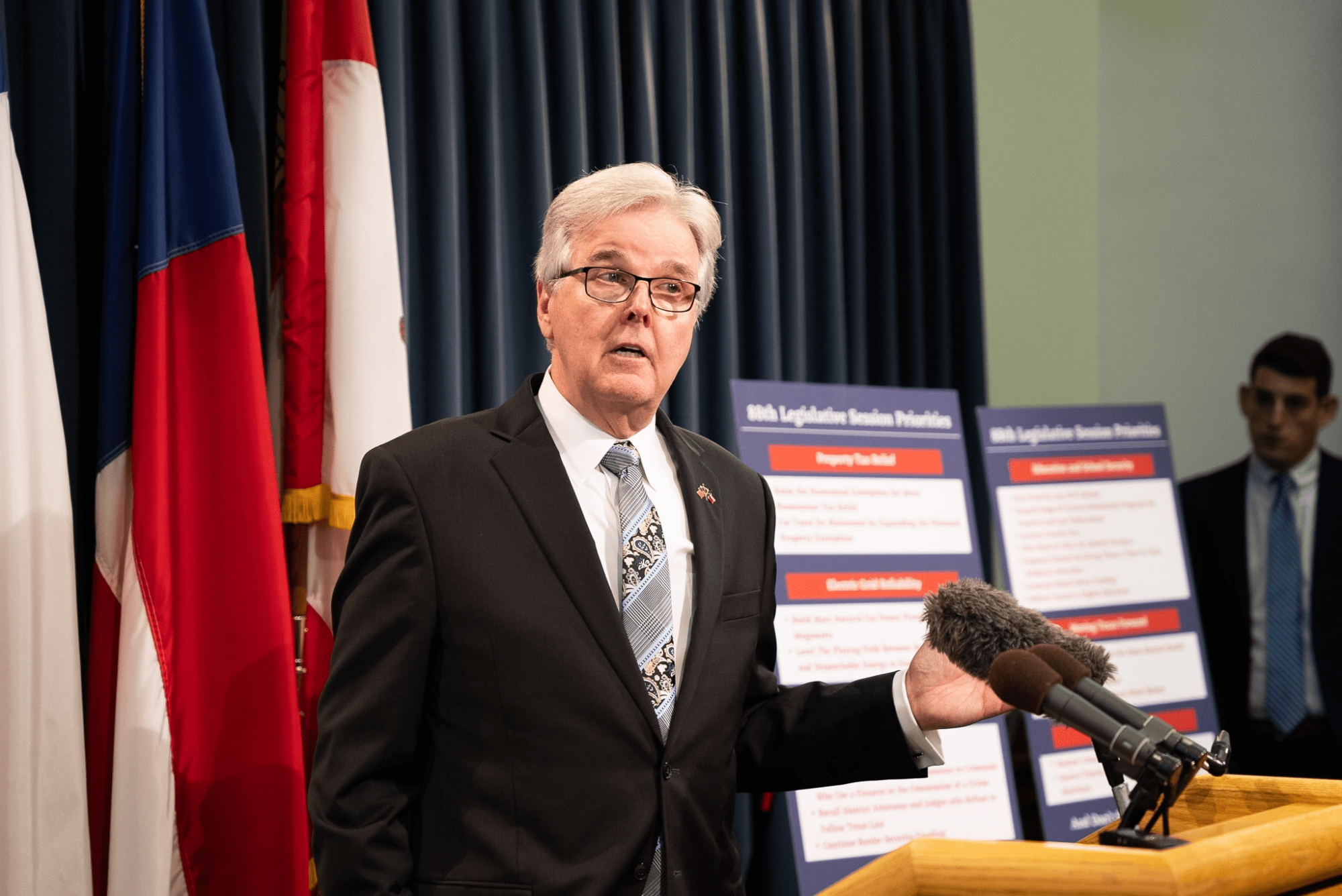Texas’ property tax system is in need of a serious overhaul. Not only does the Lone Star State have the nation’s 14th most burdensome property tax system, but the system also creates perverse incentives for local officials to overtax, spend and borrow.
Officials have an incentive to overtax, ensuring they collect excess revenues over and above costs.
Governments cannot retroactively reduce tax rates or refund excess revenue if they collect more taxes than they “need.” They can only proactively set rates ahead of time to either grow or reduce tax burdens based on projections. As a result, they tend to over collect.
This dynamic can also exacerbate local governments’ excessive debt problems.
While some governments save surplus tax revenue, others simply spend it. For those who don’t set aside enough funds for one-time capital needs like roads or other infrastructure (otherwise known as “pay-as-you-go”), it’s become common practice to simply issue massive bond packages.
The current system relies upon inordinate levels of benevolence from politicians.
Collin County is the exception, not the rule. They’ve grown their reserve fund twice as large as what bond agencies recommend. Since they can’t return surplus funds to taxpayers, their only option is to reduce future tax rates to ensure they don’t continue to over collect. Fortunately, they’re currently considering a tax rate reduction.
Local officials are forced to predict the future without risk of penalty.
Forecasts used to budget and set property tax rates can be either accidentally miscalculated or purposely manipulated, using dishonest projections and lofty assumptions. We previously exposed the faulty figures used by Tarrant County officials and John Peter Smith Hospital (JPS) to make an empty promise of “no tax increase” to taxpayers.
Unlike the private sector, where board members and officers of publicly traded companies can be sued for misleading investors and imprisoned for committing fraud, public officials effectively hold no criminal or civil liability for making false public comments or faulty budget forecasts.
To be clear, the aforementioned flaws do not excuse politicians who overtax, spend or borrow. But in order to find a solution, Texans must first understand the problem.
If local officials refuse to protect taxpayers, then the legislature should step in to protect Texans from excessive taxation. But aside from legislative limits, local officials who claim to believe in “limited government” and “local control” should start by limiting their own taxing power, and require local voter-approval to break such a limit.




